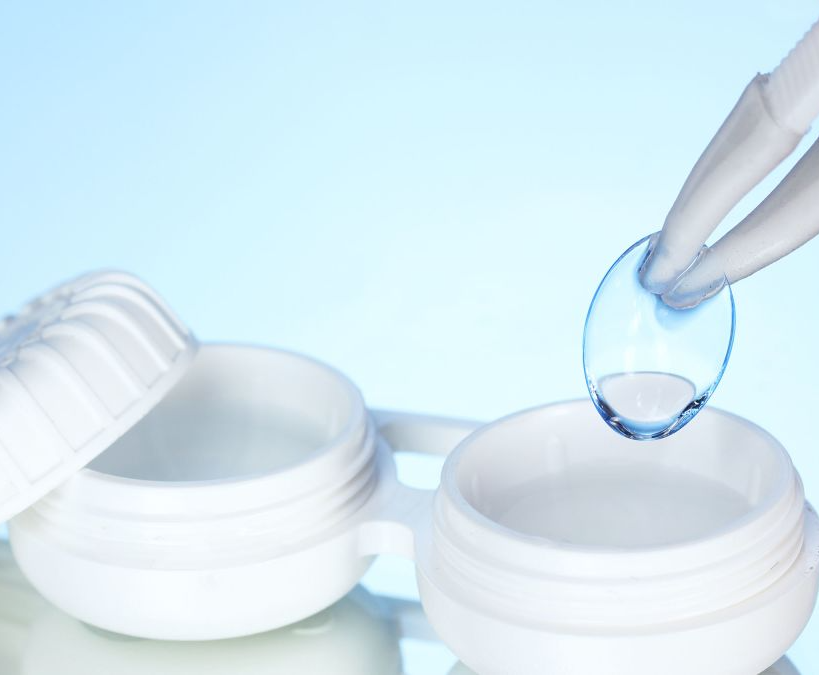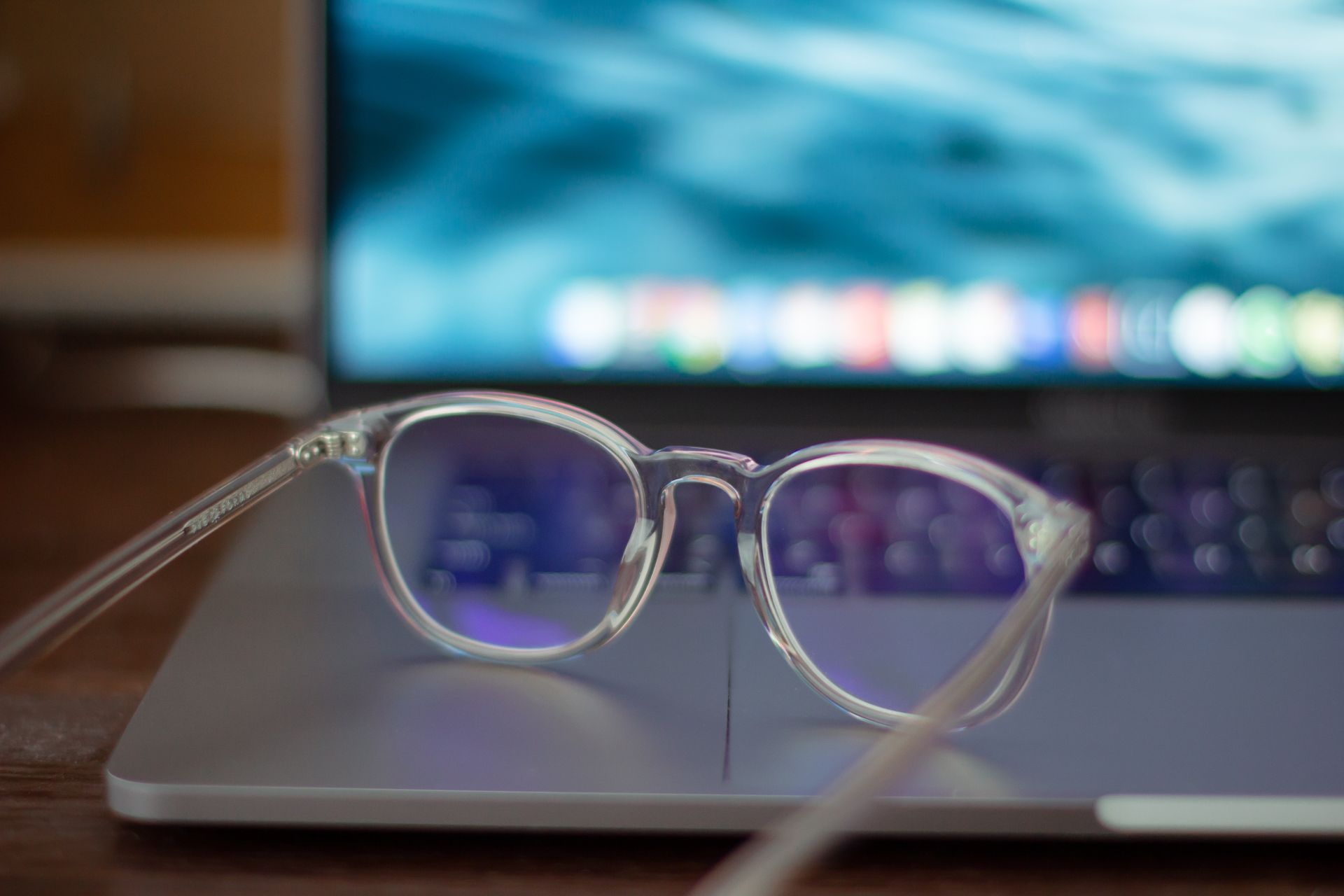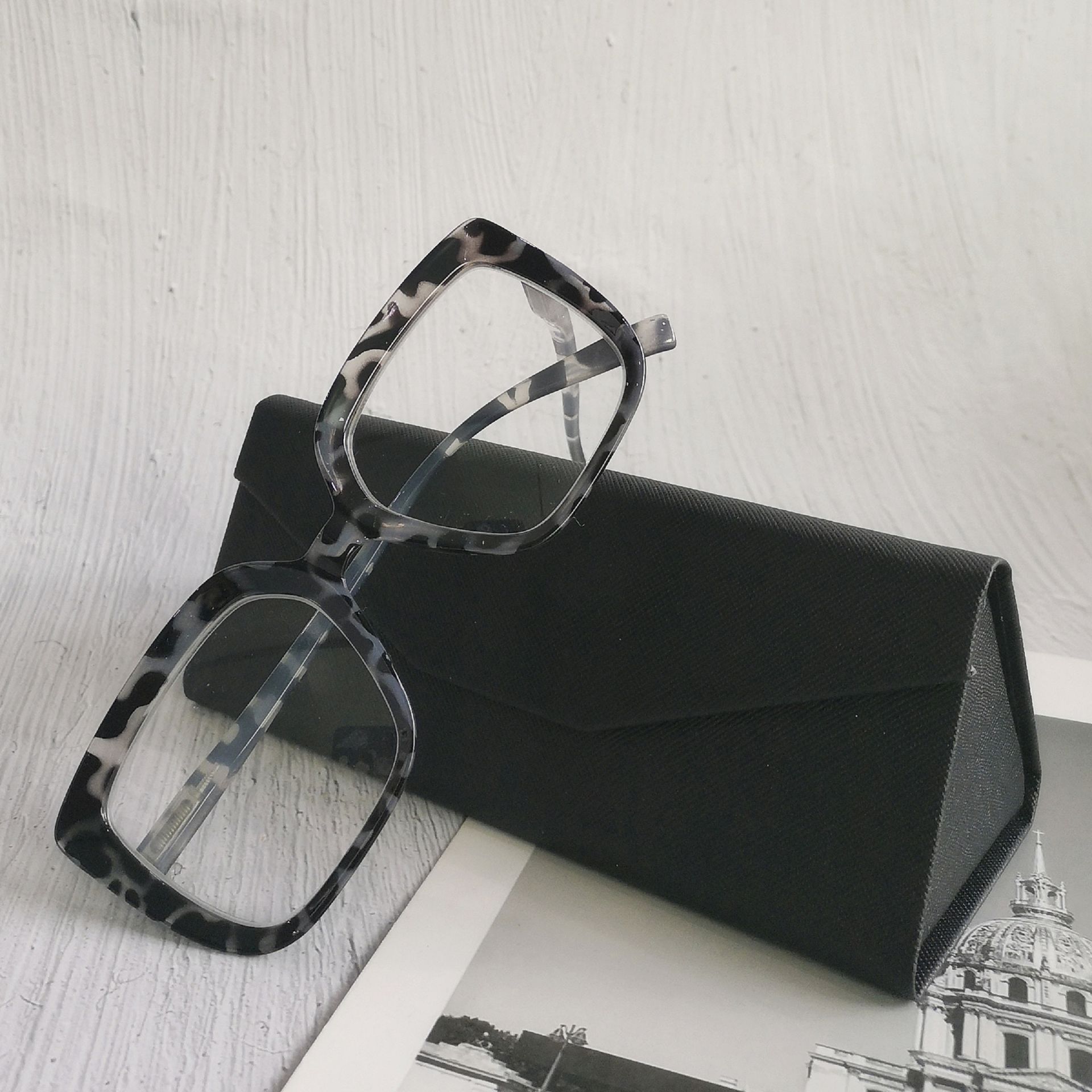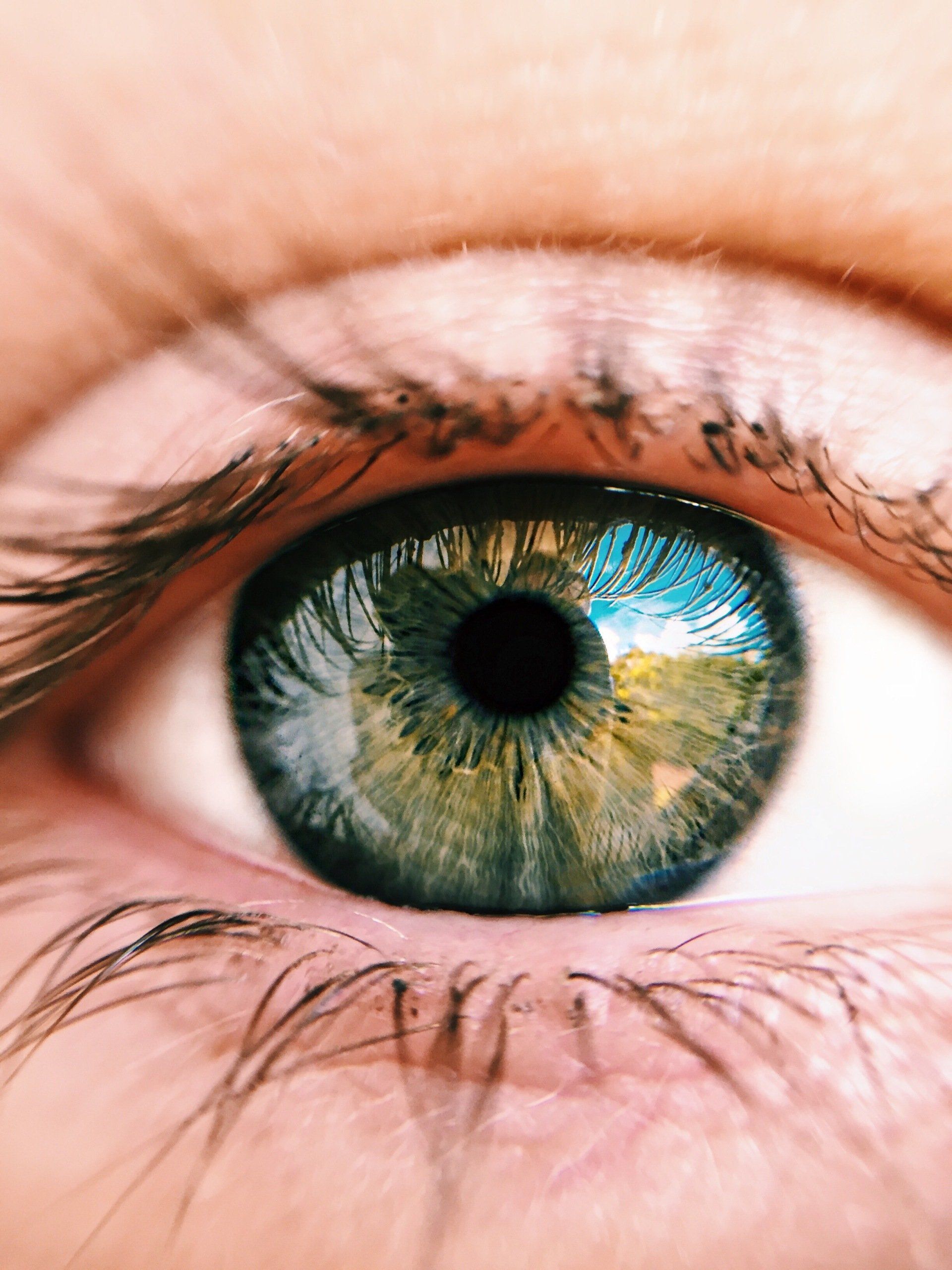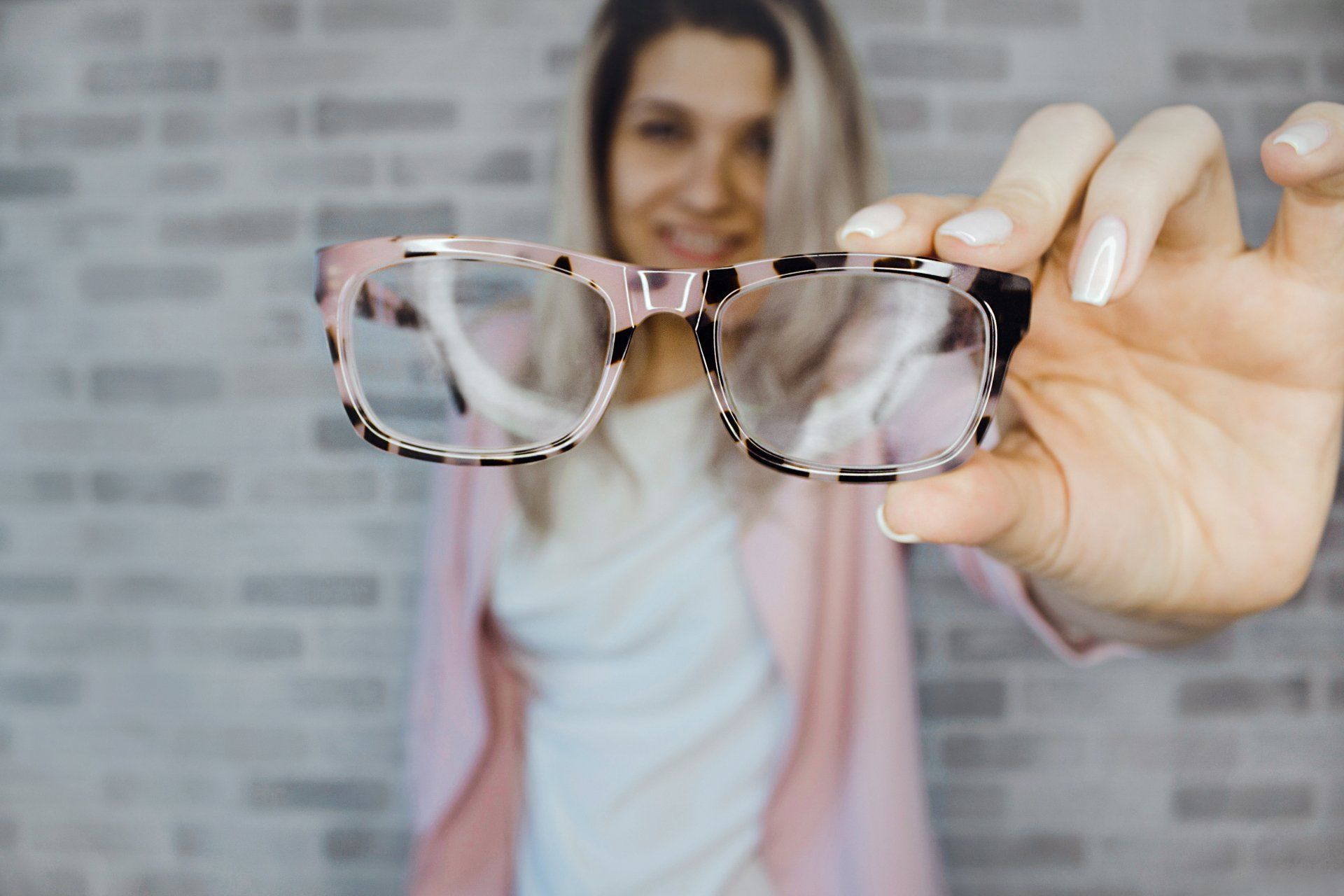Are Contact Lenses for You
Is Your Apprehension Warranted?
It’s a pretty wonderful thing to live in an age where we have so many options with our vision care. The two most common forms of corrective vision care are, of course, glasses and contact lenses. Nearly all contact lens users have a pair of corrective glasses to use when their contacts are unavailable, but many wearers of glasses may feel apprehensive about the prospect of switching to contacts, asking themselves, “Should I get contact lenses?”
This is of course a question that is going to have a different answer for different people, so let’s take a look at some of the advantages and disadvantages that contact lenses present so that you can make an informed decision about whether or not they are right for you.
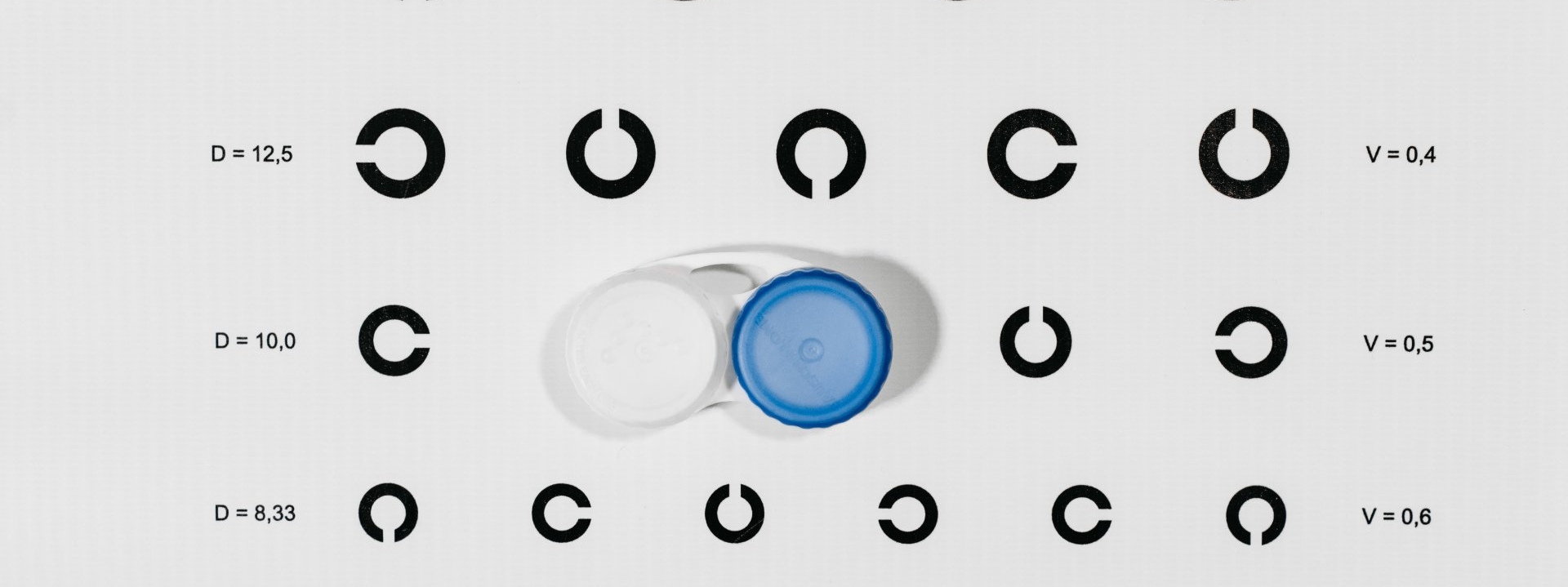
Advantages of Contact Lenses
- Contacts are virtually invisible to outside observers. There are a lot of people out there who are perfectly happy with how they look in glasses, but there are many who just aren’t into it. Contact lenses don’t cover your face like glasses do, so they allow you a more natural look to the outside world. It’s a great option for people who are trying to change up their look and style without sacrificing vision correction.
- They allow a wider field of vision. Glasses sit on the front of your face, so they only provide vision correction if your eyes are pointed in the same direction as your head. Contacts, on the other hand, sit directly on top of your eyeballs, so they correct your vision anywhere you move your eyes and correct your peripheral vision as well.
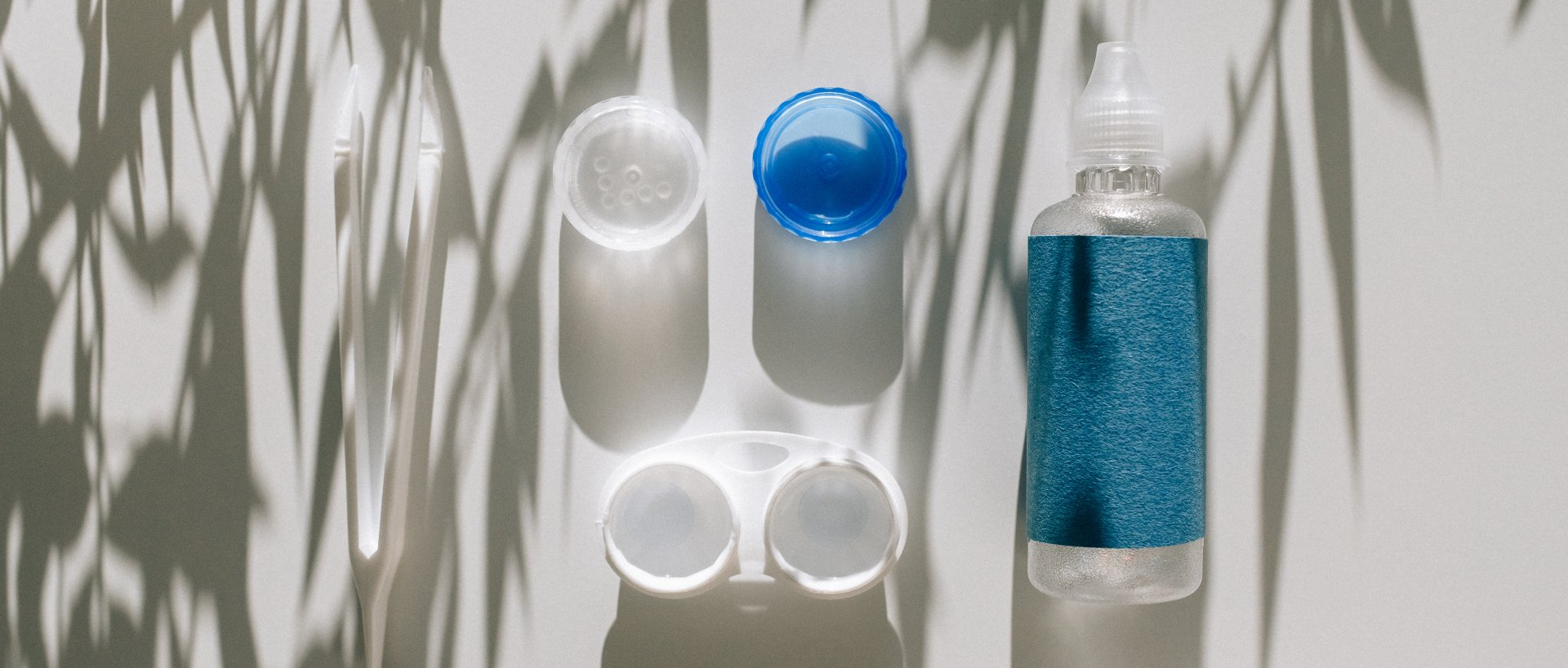
- Contacts let you be more active. We love glasses, but anyone can tell you that trying to go for a jog, or play hoops in glasses is a disaster waiting to happen. Even with fastening bands or prescription sports glasses, you’ll have the unpleasant sensation of having your glasses bounce up and down on the bridge of your nose or become dislodged during exercise. Contacts account for these unpleasant experiences by staying in place and allowing you to run, jump, and skip to your heart’s content.
- Contacts let you ditch the glasses. Ultimately, this benefit is why contacts were invented. Losing the glasses can make you look better, clear up your skin in the t-zone (if that’s a problem for you), and leave your face feeling unencumbered.
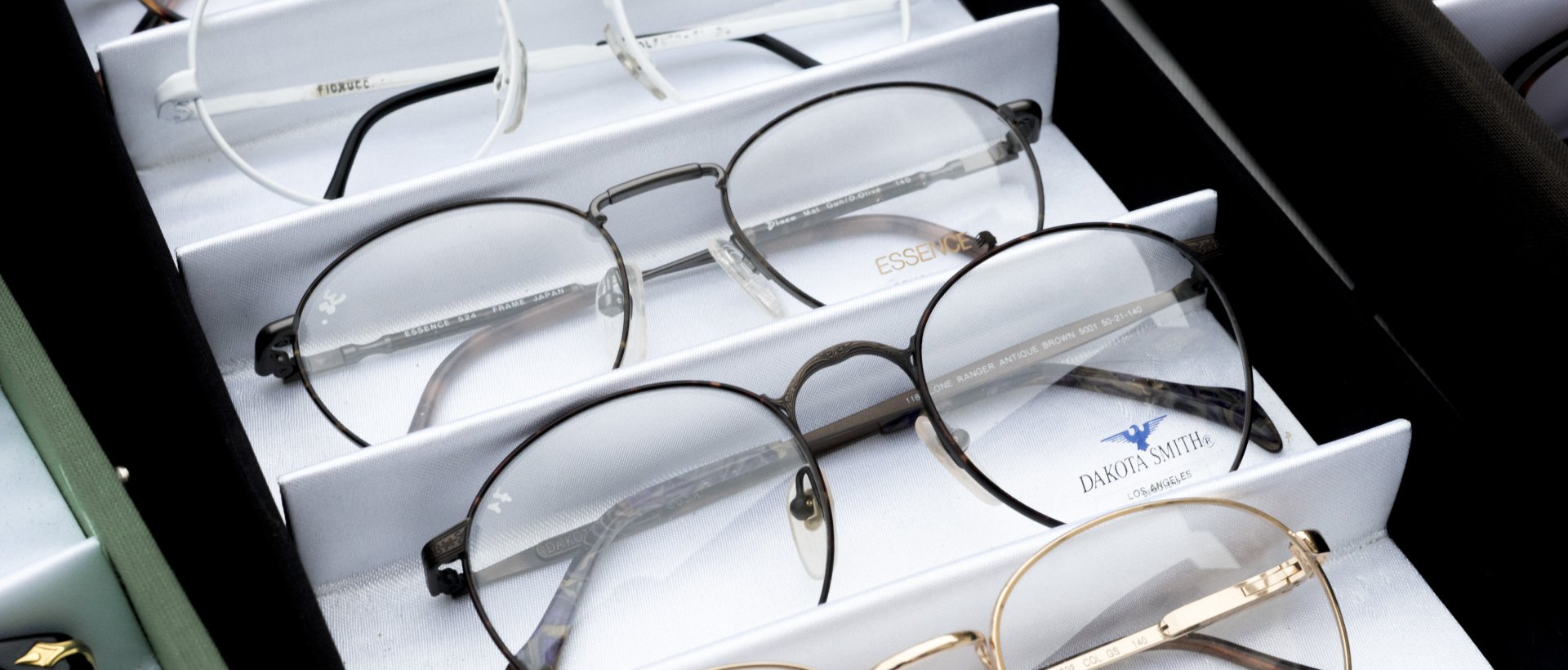
Disadvantages of Contact Lenses
- They Require More Discipline. With glasses, your daily cleaning routine is fairly simple. Contact lenses are quite the opposite. They must be removed regularly, washed, and sanitized in order to avoid potentially serious health complications such as bacterial infections. Many people choose to circumvent these hygienic routines by using daily contact lenses, which produce their own set of confounding variables in that disposable contacts can be expensive, especially compared to standard reusable contacts and prescription glasses.
- Contacts carry the risk of bacterial infection and other complications. If proper handling and sanitization practices are followed, contacts are perfectly safe to use daily. However, most people aren’t so fastidious. According to the CDC, about 99% of people surveyed reported at least one behavior with their contact lenses that are associated with an elevated risk of injury or infection. This is, of course, not to say that 99% of contact lens wearers experience serious complications, but rather to illustrate the fact that the vast preponderance of people out there are unable to adhere to the aforementioned required discipline.

- Not so much a disadvantage of contacts, but maybe a reduced advantage: Modern glasses are pretty cool. Some people dig how they look in glasses. Durable, stylish, comfortable frames, and ultra-thin, low-glare lenses make glasses of today as much better than their forebearers as today’s contact lenses are. And glasses have always offered better eye protection than contact lenses.
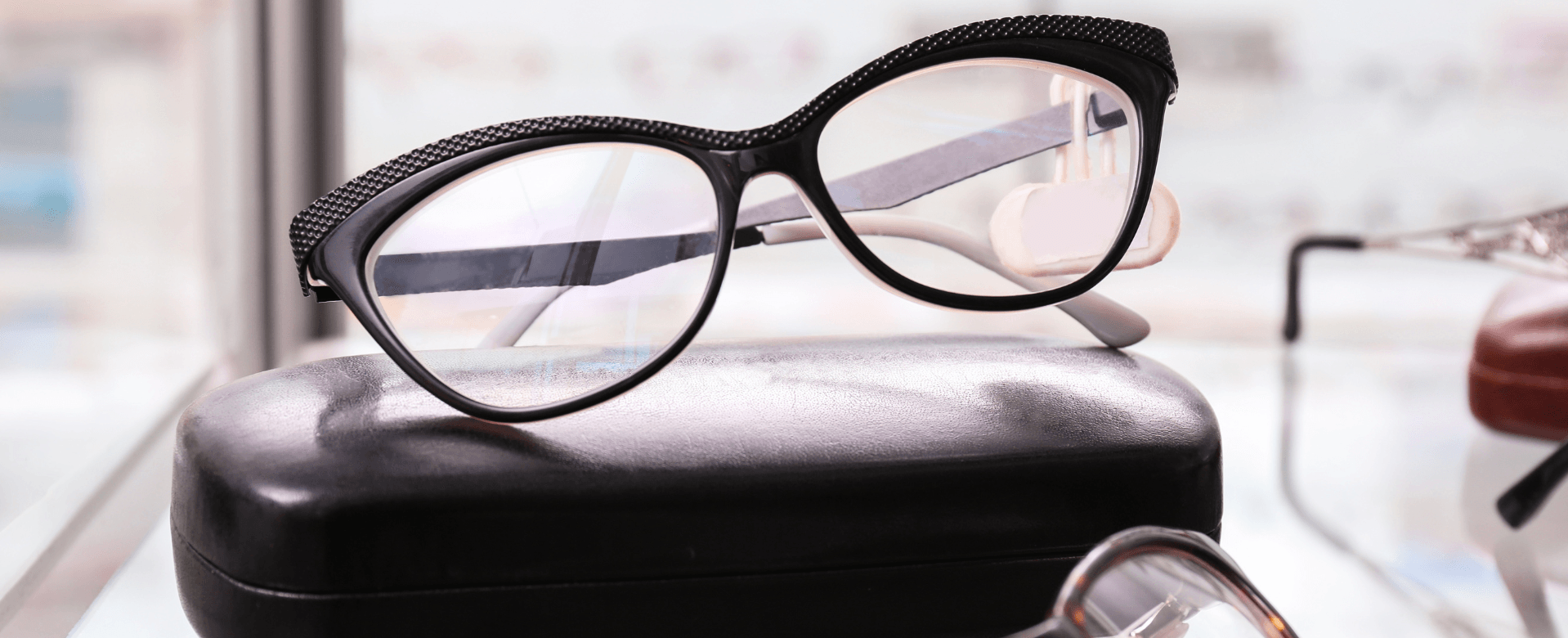
Early contact lenses had a lot more disadvantages than modern, soft, air-permeable contacts. Modern contacts are comparatively a breeze to wear. There are many more advantages available, too, like bifocal and colored contacts.
Ultimately, the decision to wear contact lenses is up to you. They provide great opportunities for people to gain more autonomy over their personal appearance and allow folks who have vision problems to lead healthy, active lives more comfortably with more natural vision. That being said, they present greater health risks than glasses and should be treated with an elevated awareness of cleanliness.
If you’re still having trouble deciding whether or not contacts are right for you, don’t hesitate to contact us. We’re happy to walk you through the decision step-by-step and find the solution that works best for you!




